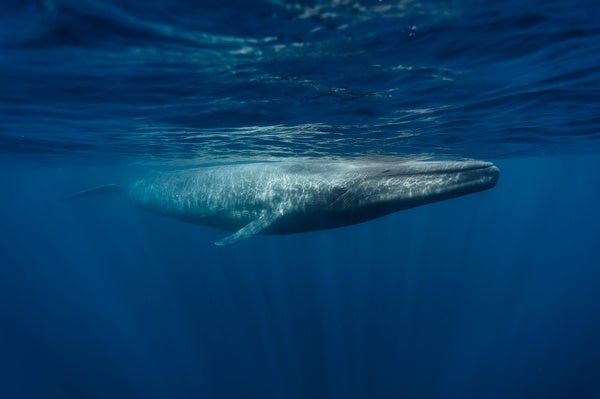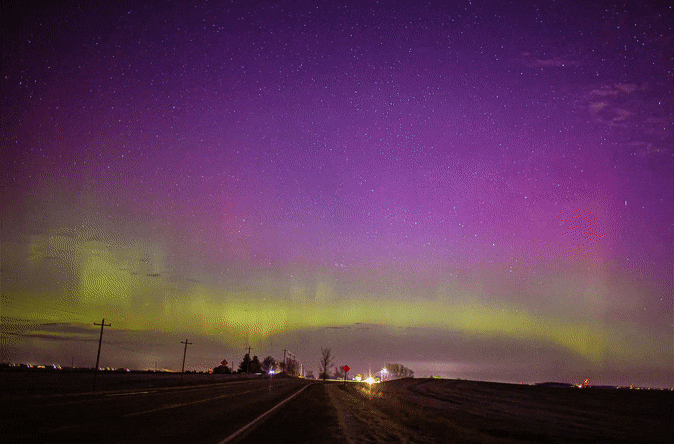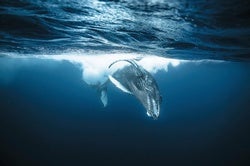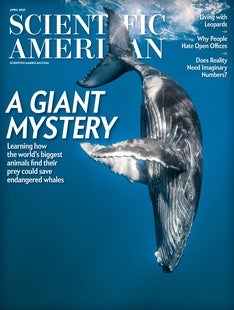Who invented time? Plus, people who love Chatbots and how whales could save the environment
|
 | |||||
| April 25, 2023 | |||||
 | |||||
| |||||
| |||||
| |||||
| |||||
| |||||
| |||||
| |||||
| |||||
| |||||
| |||||
| LATEST ISSUES | |||||
| |||||
| Download the Scientific American App | |||||
|
















Comments
Post a Comment